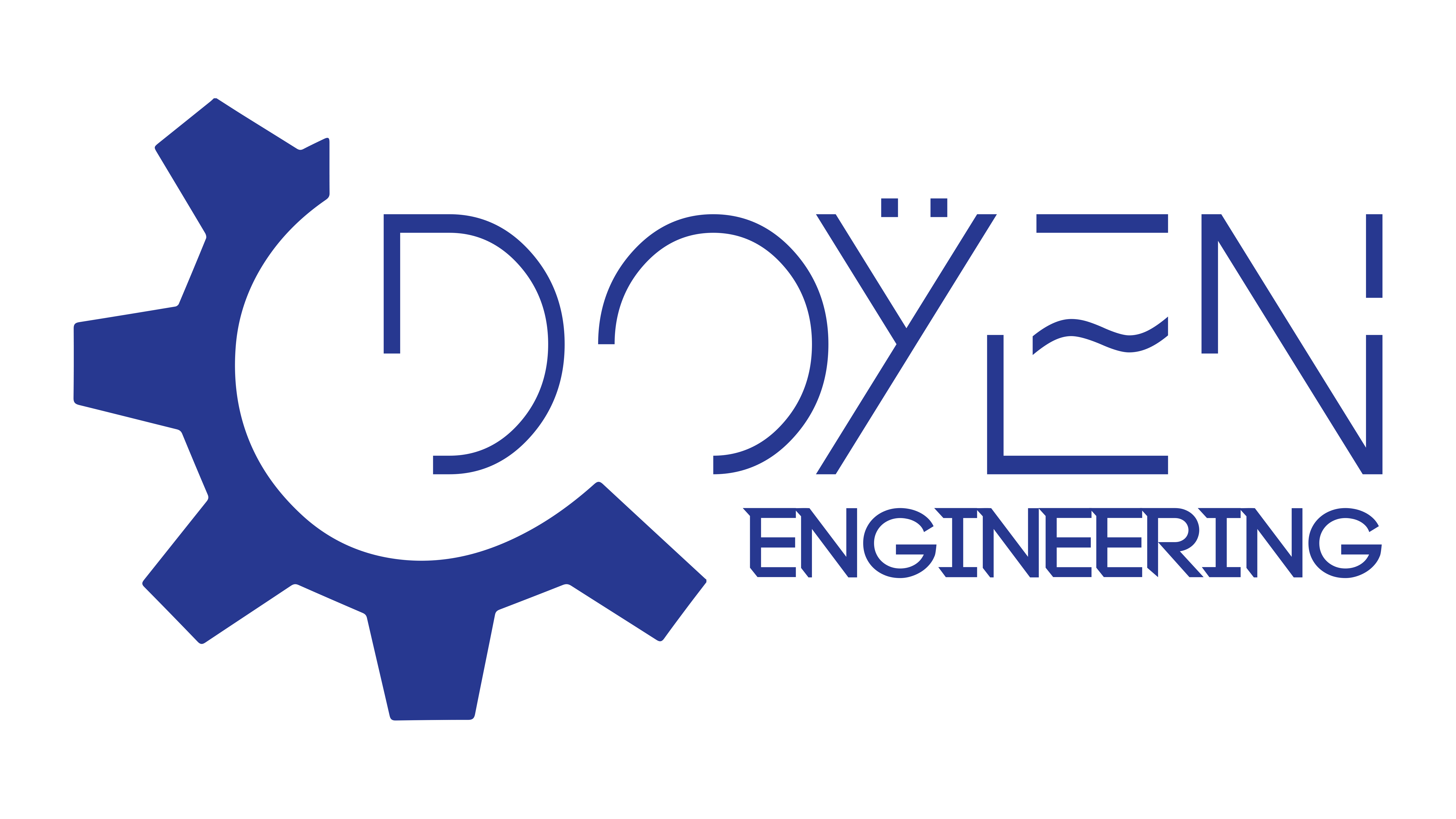
Introduction
Defining Electrical Engineering Ethics
Electrical engineering ethics refers to the moral principles and standards governing the professional conduct of electrical engineers. These principles guide engineers in making decisions that align with societal values and public safety. Understanding these ethics helps in navigating the complex landscape of modern technology, where the implications of engineering choices can extend far beyond immediate project goals.
Significance of Ethical Practices in Electrical Engineering
The importance of ethical practices in electrical engineering cannot be overstated. Here are several key reasons why they matter:
- Public Safety: Ensuring that designs and systems do not pose risks to users and the environment.
- Trust Building: Ethical conduct fosters public confidence in engineering practices.
- Professional Integrity: Upholds the standards of the profession and encourages responsible behaviors.
For instance, an engineer working on a new electrical system has a responsibility to consider potential safety hazards and environmental impacts. Adhering to ethical principles not only protects individuals but also enhances the credibility of the engineering profession as a whole.

The Foundation of Ethical Conduct
Understanding Professional Codes of Ethics
At the core of electrical engineering ethics are professional codes of ethics. These are formalized guidelines designed to steer engineers in their practice. Most engineering societies, such as the IEEE (Institute of Electrical and Electronics Engineers), provide detailed ethical standards that cover important elements like:
- Honesty and integrity
- Public welfare
- Professional development
These codes serve as a roadmap, helping engineers navigate potential ethical dilemmas.
Role of Ethics in Decision Making
Ethics significantly influences the decision-making process in electrical engineering. When faced with challenging situations like budget constraints or tight deadlines, reflecting on ethical principles allows engineers to prioritize long-term safety and integrity over short-term gains.
For instance, consider an engineer who discovers a design flaw in a project:
- Option 1: Ignore it to meet the deadline.
- Option 2: Report it, delaying the project but ensuring safety.
Choosing to uphold ethical standards ultimately contributes to better outcomes and risk management, demonstrating that integrity should guide every decision.

Ethical Dilemmas in Electrical Engineering
Privacy and Security Concerns
As technology advances, electrical engineers grapple with pressing ethical dilemmas surrounding privacy and security. In an age where data breaches are common, engineers must prioritize the protection of user information. For example, when developing a new device, engineers should consider:
- Data encryption: Ensuring transmitted data remains secure.
- User consent: Clearly informing users about data collection practices.
By integrating these considerations into design processes, engineers can uphold users’ rights and foster trust.
Conflict of Interests in the Industry
Another common ethical dilemma is navigating conflicts of interest. Engineers may find themselves in situations where personal interests clash with professional responsibilities.
For instance, if an engineer is offered incentives by a supplier, they must question whether accepting those could compromise project integrity. Here are a few ways to handle conflicts of interest:
- Transparency: Always disclose potential conflicts to relevant parties.
- Accountability: Adhere strictly to organizational policies regarding gifts and incentives.
Taking these steps not only fortifies an engineer’s credibility but also reinforces the ethical standards essential for a thriving industry.

Ethical Responsibilities of Electrical Engineers
Ensuring Safety and Compliance
Electrical engineers carry a significant responsibility to ensure safety and compliance in their projects. This includes adhering to safety regulations and industry standards to protect users and the public from potential hazards. For example, when designing electrical systems, engineers should:
- Conduct thorough risk assessments: Identify and evaluate potential safety issues.
- Stay updated with codes: Familiarize themselves with national and local regulations.
This commitment to safety not only mitigates risks but also enhances the reputation of the engineering profession.
Promoting Sustainable and Responsible Engineering Practices
In addition to safety, electrical engineers must advocate for sustainable and responsible engineering practices. As the world faces climate change and resource depletion, engineers play a vital role in creating eco-friendly solutions.
Consider the following contributions engineers can make:
- Energy efficiency: Design systems that use minimal energy.
- Sustainable materials: Opt for eco-friendly materials in projects.
By prioritizing sustainability, engineers not only fulfill their ethical duties but also contribute positively to the environment and society at large. This holistic approach leads to innovations that are both socially responsible and environmentally conscious.






